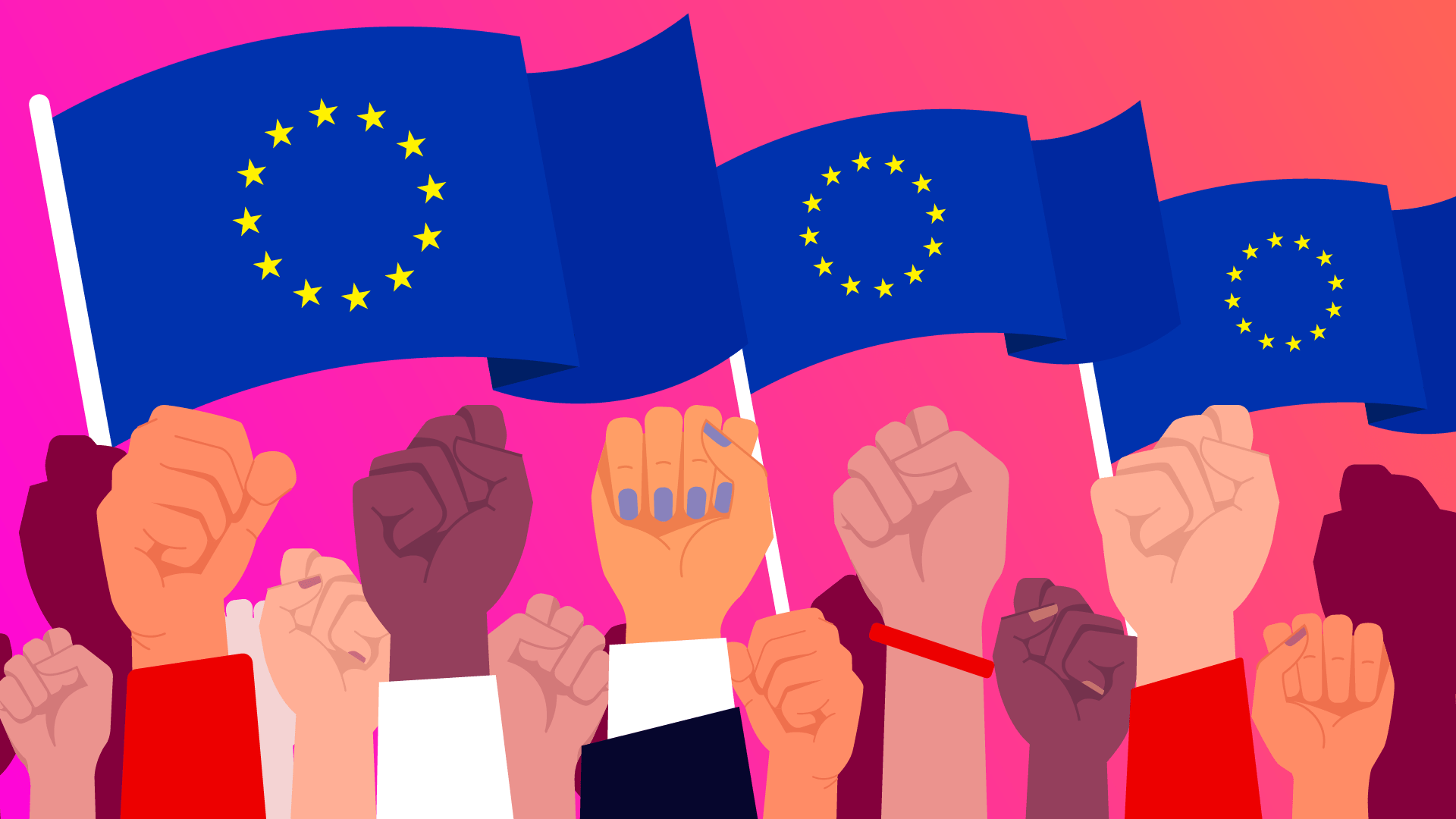
The S&Ds helped secure a strong solidarity mechanism, including a minimum level of relocations between member states, as well as financing and capacity building measures, to be overseen by an EU solidarity co-ordinator. This mechanism will help member states experiencing recurring levels of arrivals, following Search and Rescue operations, or experiencing 'pressure' from migration through sustained large numbers of arrivals. We also strengthened provisions for family reunification in the asylum process, and adopted fairer rules to link people seeking asylum with member states where they have educational ties.
The S&Ds fought hard to ensure that the procedure for applicants remains one that is grounded in an individual assessment of their situation. We sought a more balanced regulation which protects the individual right to asylum, notably by ensuring free legal assistance for all applicants and providing more legal clarity on the use of safe third country concepts.
The S&Ds secured mandatory identity, security, health and vulnerability checks for all those arriving at the EU’s external borders irregularly, for those arriving following SAR operations, and for those seeking asylum at the external borders. We ensured the creation in each member state of a monitoring mechanism to oversee the protection of fundamental rights during this screening process.
The S&Ds established improved solidarity in times of crisis, ensuring that the responsibility for people seeking asylum in those circumstances is shared among the member states. We also established a pathway for expedited international protection to be granted to people in need, thereby allowing member states to dedicate resources where they are most needed. Following the positive example of temporary protection granted to Ukrainians after the Russian invasion, we maintained the Temporary Protection Directive in EU law (the Commission had proposed to repeal it).
A robust defence of the Charter of Fundamental Rights, in particular its Article 18, which is based on the Geneva Convention of 1951 relating to the Status of Refugees and its 1967 Protocol. We believe in defending, not breaching, our commitments under international law.
During this mandate, we fought for A New Pact on Asylum and Migration defined by an individual assessment of the right to asylum, with clear rules both for applicants and for member states, without systematic recourse to procedures that lead to the detention of large numbers of persons at external borders.
This means that managing the persons arriving in the EU seeking asylum should be the shared responsibility of member states, left neither to the member states where they first arrive, nor to the member states where many of those people would like to end up, but shared among the member states according to fair and sustainable rules.
The saving of lives at sea is a moral, humanitarian and legal obligation based on international law. This requires a more proactive and co-ordinated approach to SAR operations from the Union and its member states to slow down the escalating death toll of migrants attempting to cross the Mediterranean.
A more comprehensive and joined-up approach to legal migration into the EU, seeking to offer a perspective to persons in third countries to come to the EU legally to work. This should allow the EU to address its labour shortages, help prevent the exploitation of vulnerable workers often working irregularly, and reduce the level of irregular migration (through which people often end up in the hands of criminal smugglers who put people's lives at risk for profit).
Cooperation with third countries to be guided by the principle of equal partnership. We must move away from an outsourcing of political responsibility to volatile and undemocratic governments through unsustainable, informal agreements. The S&D supports cooperation with third countries whether on trade, visas, security or investment, but does not support deals with governments and leaders who do not respect the rule of law and human rights.
A longer-term approach in which the EU puts greater impetus on solving geopolitical issues that affect the root causes of migration such as war, poverty, corruption, hunger and lack of opportunity. The EU and its member states must invest to build capacity, facilitate investment in education, strengthen systems to manage asylum and reinforce legal and judicial systems in third countries.
A more comprehensive EU level response on integration, including by enabling EU funds to be made available directly to regional, municipal and local authorities to fund integration projects, since that is where integration happens in reality.
The protection of external borders through a realistic policy on managing migration and accepting that the building of walls will not stop the human instinct for survival.

